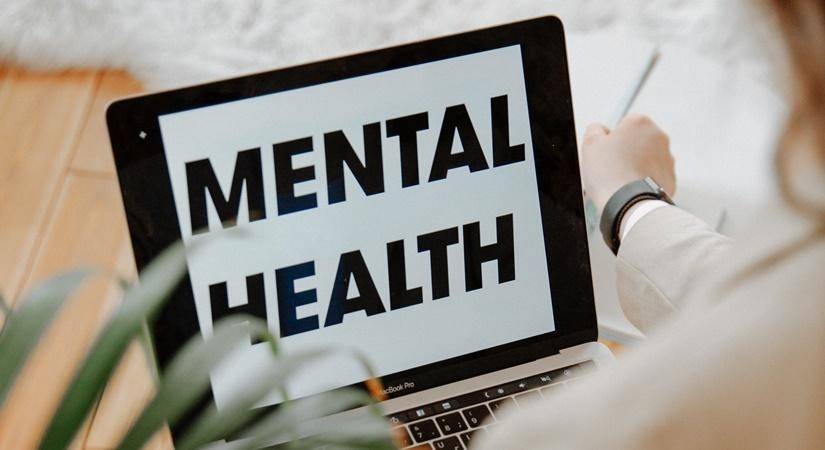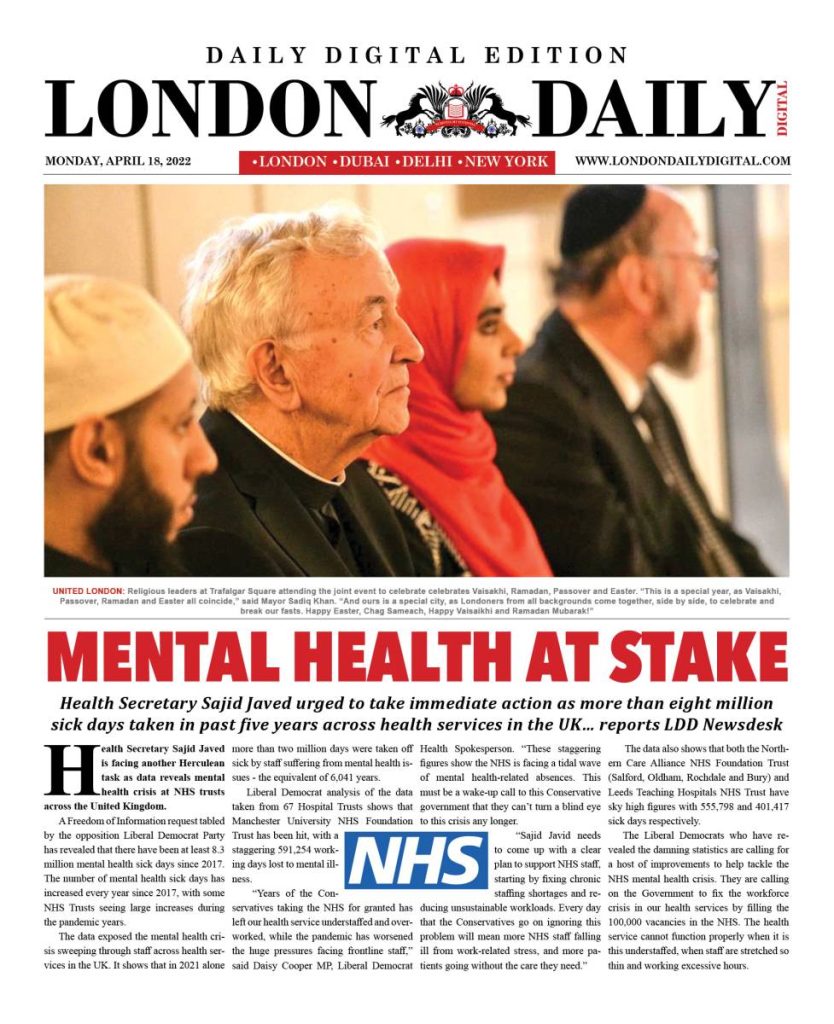Gently massage your face while applying products to calm and reduce stress hormones. Facial massage can also improve circulation and lymphatic drainage, both beneficial for skin health and mental health…writes Malavika Jain
For generations, the beauty industry has focused on achieving flawless skin, often with a product-centric approach. But what if our skin held the key to not just outward beauty, but also internal well-being? Enter the exciting realm of emotional skincare, a movement that bridges the gap between beauty and mental health, recognizing the profound connection between the two.
This shift is supported by growing scientific evidence. Psychodermatology, a branch of dermatology that explores the mind-skin connection, reveals how stress, anxiety, and depression can manifest in skin conditions like acne, eczema, and psoriasis. Conversely, healthy skin-care practices can positively impact our mood and emotional well-being.
So, how can we embrace emotional skincare?
Here are some key aspects:
Move beyond simply applying products. Approach your skincare routine as a mindful self-care ritual. Focus on your breath, be present in the moment, and connect with your senses. This creates a space for relaxation and reduces stress, which benefits your skin.
Instead of chasing trends or unrealistic beauty standards, prioritise healthy functioning skin. Consult a dermatologist to understand your skin type and specific needs, and choose products accordingly. Remember, healthy skin doesn’t have to be “flawless.”
Gently massage your face while applying products to calm and reduce stress hormones. Facial massage can also improve circulation and lymphatic drainage, both beneficial for skin health and mental health.
While products can play a significant role, emotional skincare is about holistic well-being. Prioritise quality sleep, manage stress through activities like yoga or meditation and nourish your body with healthy foods. Remember, true beauty radiates from within.
Society often bombards us with unrealistic beauty ideals. Instead, cultivate self-compassion and acceptance. Celebrate your unique skin, scars, and all. This shift in perspective can significantly improve your mental health and your relationship with your skin.
Recent developments in emotional skincare:
The landscape of wellness and self-care is constantly evolving, and skincare brands are at the forefront of this movement, integrating holistic practices, like NeuroGlow (Mintel’s 2024 trend), into their products and messaging. This mind-body connection, explored through the lens of Psychodermatology, is revolutionising how we approach skin health.
One key development lies in the rise of personalised skincare. By addressing individual skin concerns and emotional needs, brands empower individuals to create a connection with their routines.
Technology further empowers informed self-care through teledermatology, providing convenient online access to dermatological expertise. This removes barriers and fosters a deeper understanding of individual skin needs.
Mood science plays a crucial role in this conversation, as research increasingly reveals how emotions can impact our skin’s health. Stress, for instance, can manifest as breakouts or exacerbate existing conditions. To address this, brands are incorporating aromatherapy into their offerings. Essential oils, with their mood-boosting and calming properties, offer a natural approach to promoting emotional well-being and radiant skin.
Psychodermatology in Action:
Embracing emotional skincare is not just about achieving clearer skin, but about fostering healthier, happier skin and cultivating a radiant you – Inside and out. However, true transformation goes beyond the surface. The burgeoning field of Psychodermatology unveils the critical link between our emotions and skin health.
This groundbreaking science delves into the skin-mind connection, the missing link in truly holistic beauty regimens. By understanding how stress, anxiety, and even happiness influence our skin, we can create personalized solutions that address the root cause of concerns, not just the symptoms.
Therefore, embracing emotional skincare and delving deeper into the skin-mind connection isn’t just a trend; it’s the future of holistic beauty. It’s about empowering individuals to achieve radiant skin and a sense of well-being that truly shines from within. By prioritising mindful practices, celebrating your unique beauty, and seeking professional help when needed, you can create a holistic self-care approach that benefits your skin and mental health.
Remember, true beauty radiates from a place of self-love and acceptance, and emotional skincare is a powerful tool to help you get there.
ALSO READ-MENA Environmental Law Conference in Oman Focuses on Sustainable Economy Goals
















